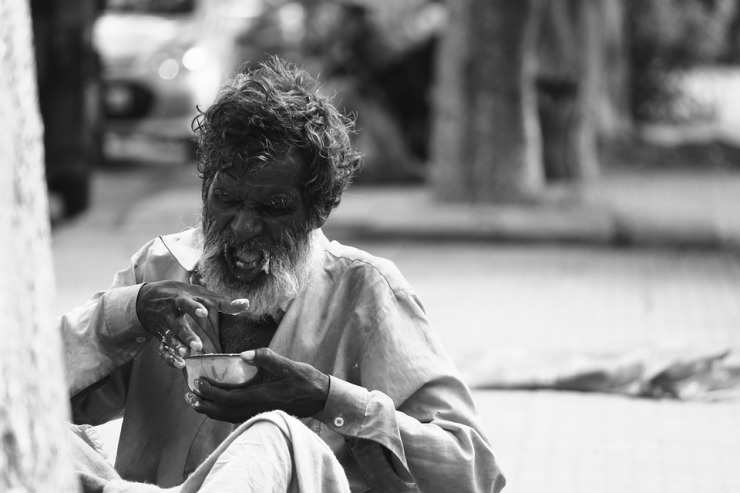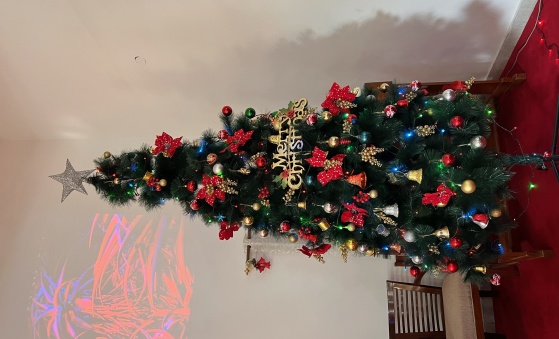
Santhi Polur, from to the Puthirai Vannar community in Tamil Nadu, was attacked and beaten up by her own people for offending their lifestyle by bathing regularly, doing her hair and cleaning her kids.
The people from the community are considered as the lowest of the outcastes who serve Dalits, members of the lowest social group in Hindu caste system, which makes their social status the worst.
Salesian Father Arul Valan, who has been working with these people for the past 17 years, said, "They are the Dalit of the Dalit people. Until some time back they were not even allowed to go out and walk in the daylight."
Indian laws prohibits untouchability in any form. But in some villages, the people from the community are not even allowed to walk on the main street during the daytime. Just seeing a person from the community was considered polluting for the higher caste.
To escape ill treatment, some people move to big cities and sell snacks or vegetables on sidewalks for their living. On their return, the community forces them to accept the discriminatory system once again.
Polur underwent the same discrimination. She grew up and went to school in Bangalore. Her lifestyle changed after marriage when she became part of the outcastes in Pazhyannur in Thiruvannamalai. The neighbours even objected her for doing her hair.
Puthirai Vannars are tiny minority in Tamil Nadu and are politically and socially neglected. "No one bothers about their wretched lives," Fr. Valan said.
They are spread across the state but do not own any land. Only two or three families live in huts on the outskirts of each Dalit village. Also known as Thurumbas, the people are found doing least jobs like washing Dalit girls clothes when they reach puberty and washing dead bodies. They eat leftover food, which is given to them only after they have pleaded for it at night.
To bring the Puthirai Vannars into social mainstream, Fr. Valan and Gonzaga Sister Alphonse of the Franciscan Sisters of St. Aloysius Gonzaga launched the Thurumbar Liberation Movement in 2003.
"The biggest challenge is that the community has no official identity," Fr. Valan said. In different parts of the state, they are considered as different caste communities.
"Some would argue that being counted as part of a larger community is better because it will help end their oppressive existence," the priest added. "But that can happen only in paper and not in real life. Caste discrimination is a living reality."
Social security benefits to lower-caste Christians of the community are denied as the state government believes Christians have no caste system and are therefore not eligible to receive any benefits.
"The government fails to understand that changing your religion doesn't bring about any chance in your social situation," Fr. Valan added.
Through his movement, Fr. Valan fights for the liberation of unseen Thurumba people. He demands the government to given five acres of land to cultivate and earn their living and some money to build a home and support the education of the children for a better future.
"The government is yet to react positively to the demands," Fr. Valan admitted. "But our fight will go on until the discrimination is ended."




